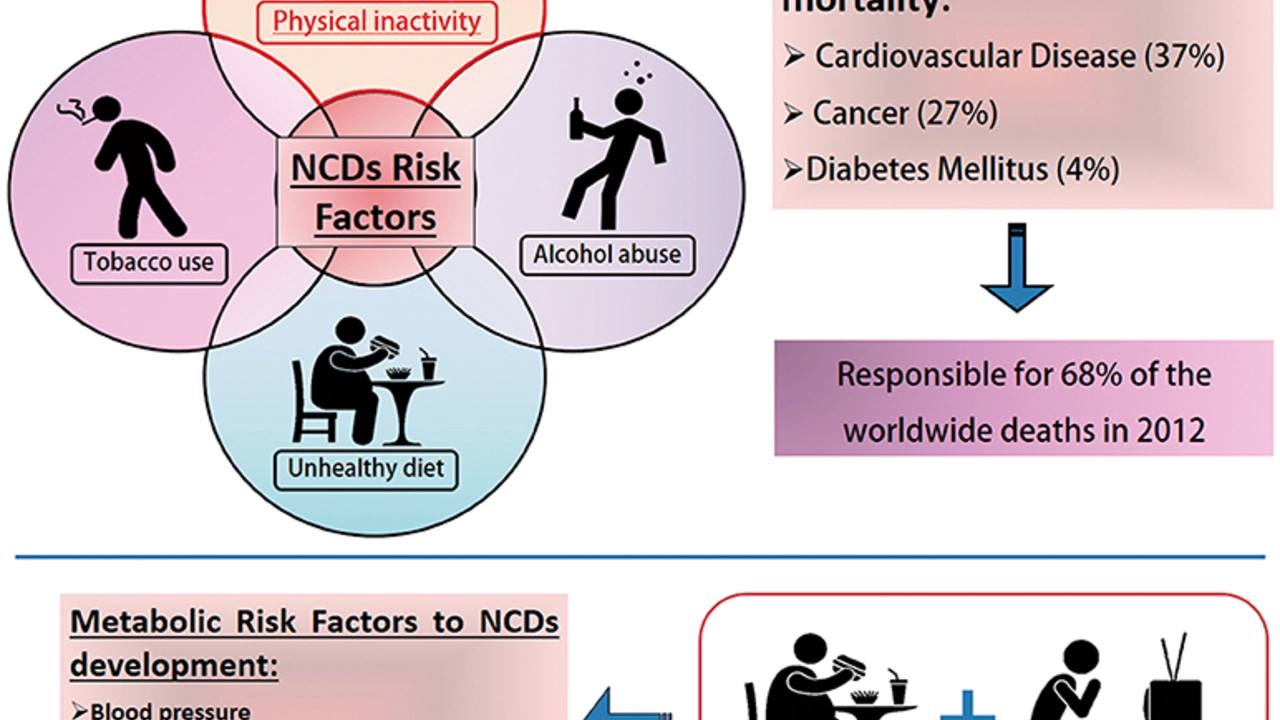Overuse: What It Means and Why You Should Care
Ever wonder why doctors warn you not to take that painkiller every day? That warning is about overuse. Overusing any drug, supplement, or even a medical device can turn something helpful into a problem. When you use more than the recommended dose, or keep using it longer than needed, your body may react badly.
Overuse isn’t just a buzzword – it’s linked to real health issues like liver damage from too‑many pain relievers, antibiotic resistance from repeated courses, and dependency on sleep aids. The good news? You can spot the signs early and make small changes that protect your health.
Common Signs of Overuse
First, pay attention to how often you reach for a medication. If you find yourself grabbing the same pill at the slightest headache, that’s a red flag. Other clues include needing higher doses to feel the same effect, experiencing withdrawal symptoms when you skip a dose, or noticing side effects that keep getting worse.
For antibiotics, the sign is taking leftovers for a cold or using them without a prescription. For supplements, it could be stacking several products that all contain the same ingredient, thinking more is better.
Practical Steps to Avoid Overuse
1. Keep a medication log. Write down what you take, when, and why. A simple note on your phone can remind you if you’re reaching for something too often.
2. Follow the label. The dosage and duration aren’t random – they’re based on research. If a bottle says “take for 5 days,” stick to it unless your doctor tells you otherwise.
3. Talk to a professional. When in doubt, call your pharmacist or schedule a quick chat with your doctor. They can tell you if an over‑the‑counter product is safe for long‑term use.
4. Look for non‑drug alternatives. For mild pain, try heat packs, gentle stretches, or a short walk before reaching for pills. For stress, deep breathing or a short meditation can cut down on reliance on sleep aids.
5. Review your prescriptions yearly. Medicines that were needed last year might not be necessary now. Ask your doctor if you can lower the dose or stop altogether.
Remember, overuse is often a habit rather than a sudden decision. Breaking the habit takes awareness and a few practical tools. By tracking what you take, sticking to guidelines, and staying in touch with health professionals, you keep your body working the way it should.
If you’ve already noticed signs of overuse, don’t panic. Start by cutting back slowly under medical supervision – sudden stops can cause withdrawal or rebound symptoms. Your doctor might suggest a tapering plan that eases you off safely.
At the end of the day, the goal is simple: use meds and supplements as they’re meant to be used, not as a crutch for every minor ache. This approach keeps you healthier, saves money, and reduces the chance of long‑term complications.
Stay proactive, keep an eye on your habits, and you’ll avoid the hidden dangers of overuse without missing out on the benefits that proper medication can bring.
The Hidden Dangers of Overusing Bisacodyl
In my recent exploration, I've come across some alarming facts about the excessive use of Bisacodyl, a common laxative. While it's a popular choice for short-term relief from constipation, overuse can lead to a number of risks like dehydration, electrolyte imbalance, and dependency. Long-term use can also damage the digestive system, making it harder for your body to naturally pass stools. So, it's crucial to use this medicine responsibly, under a doctor's guidance, to avoid potential harm. Stay tuned to my blog for further insights into the hidden dangers of commonly used medications.
More
